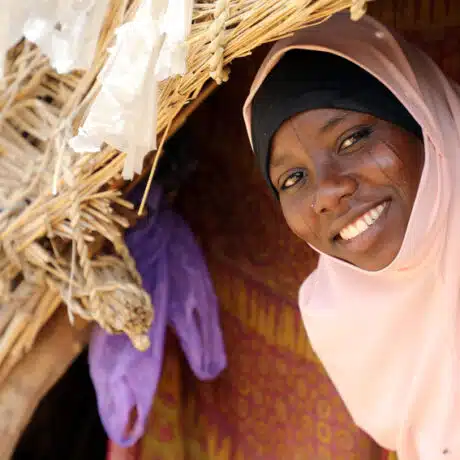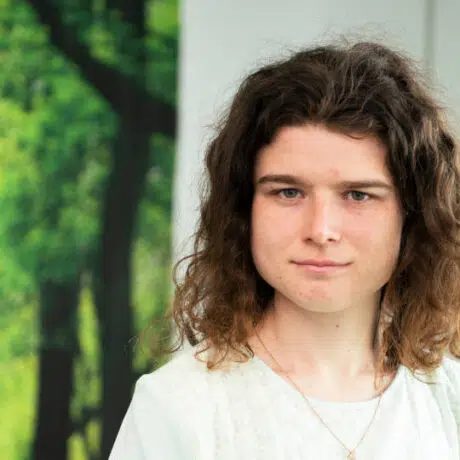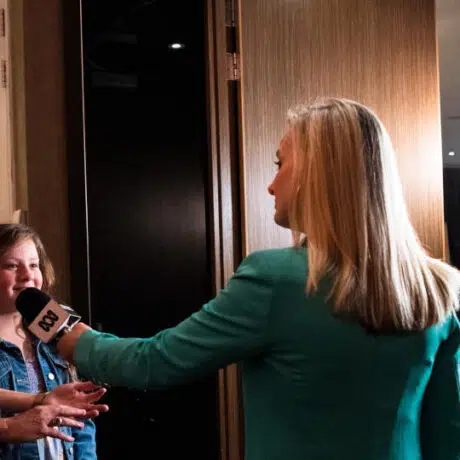News and Stories - Girls Rights - 7 February 2018
“I had one daughter, a wonderful girl.”

By Lonneke van Genugten
“I had one daughter, a wonderful girl”, says Nega Sacko, 48. He is the imam in his village in south Mali. “I have many other children too, but they are all boys. One day my daughter’s grandmother came and took her to be cut. Afterwards, the wound bled continuously for three days and, unfortunately, she died. I always carry her birth certificate and a photo of her as a toddler, while my wife has photos of her when she was a bit older.
When Plan International started disseminating information about female genital cutting in our village, I immediately supported their initiative. But it met with some opposition, because people cannot differentiate between religion and traditional practices. They tend to see them as one and the same thing.
People think that Islam advocates cutting to ensure that a girl stays virtuous and pure. I tell them that I lost my own daughter to female genital cutting and that it’s a practice that must be stopped because of all the problems it can cause.
Everyone in the village has heard my story because they have all passed it on to one another. I didn’t even want my daughter to be cut, but my marâtre (not his biological mother, but another wife of his father) took her to a neighbouring village. When my daughter was brought back she was bleeding heavily and I feared the worst.
My wife was absolutely furious. She said to the marâtre: ‘I didn’t want her to be cut, now look what has happened; my daughter is wounded.’ I too was very angry and I shouted at the marâtre: ‘Look what you have done to my daughter and my wife!’ I will never forget that day. My own mother never again mentioned the cutting of her granddaughters.
I cannot claim that everyone in the village has ceased the practice of female genital cutting, but it’s certainly true of 90 per cent of the residents. Some people still stubbornly follow the tradition, but they would soon change their minds if they had a better idea of the consequences. I discuss it in the mosque with men from the village and with imams from other villages, as well as at work. I earn my living as a bricklayer. In fact, I built the house we are now in.
In the mosque I work with an assistant imam, who takes prayers if I have to work. Recently he confided in me: ‘If I didn’t know your story, I’d still preach that in the name of our religion the tradition of cutting should be continued.’ People don’t seem to be able to distinguish between what’s advocated by religion and other traditions and customs and the influence of family ties. They actually don’t know where female genital cutting originates.”





